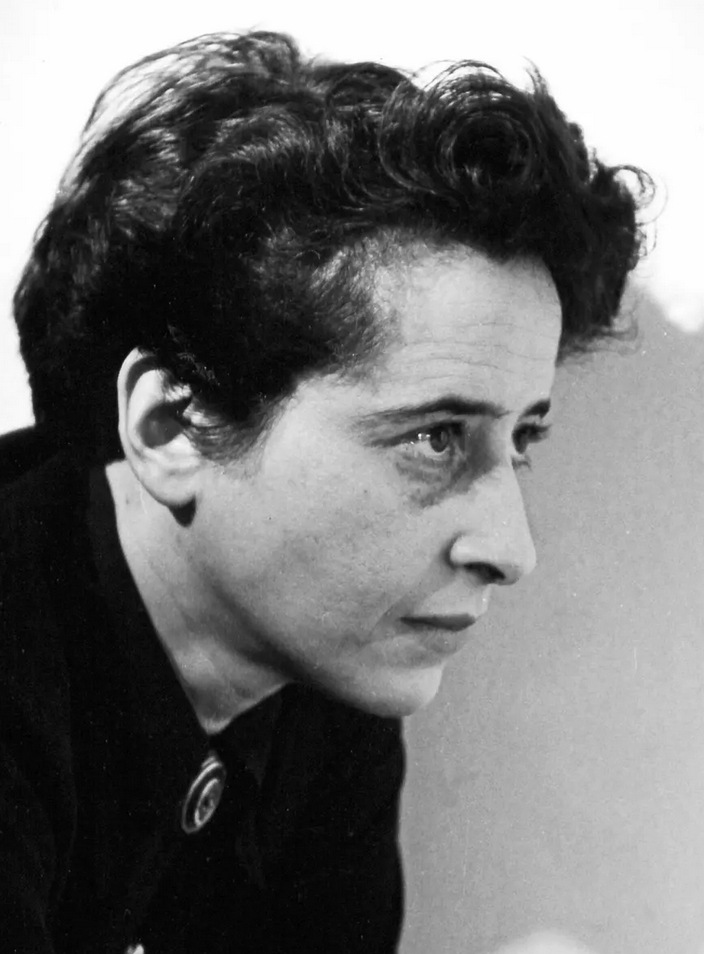Facts about Hannah Arendt
Hannah Arendt Biography
Hannah Arendt was a German-Jewish writer and teacher whose 1951 book, The Origins of Totalitarianism, made her internationally famous.
It was the first popular critical analysis of political movements that led to the world wars and death camps of the 20th century.
Arendt grew up in Hanover and studied philosophy — in Marburg with Martin Heidegger, in Freiburg with Edmund Husserl and in Heidelberg with Karl Jaspers.
Arrested in Germany by the Gestapo in 1933 and briefly jailed, she made her way to Paris and, when World War II began, to New York (1941).
During her career Arendt had several teaching positions, including a professorship at Princeton University, and she earned a reputation as an expert on moral issues in the wake of World War II.
Her 1963 book on the war crimes trial of Nazi Germany’s Adolf Eichmann, Eichmann in Jerusalem, is famous for her term “the banality of evil”; she characterized Eichmann as a thoughtless bureaucrat rather than a demon, and was criticized by some for what was seen as a lack of sympathy for victims of the Holocaust.
Her books made her famous beyond academic circles, and include On Revolution (1963) and the posthumously published (and incomplete) The Life of the Mind (1978).
Extra credit
Arendt had a love affair with Heidegger, who was married and 17 years her senior… She became a naturalized U.S. citizen in 1950.

